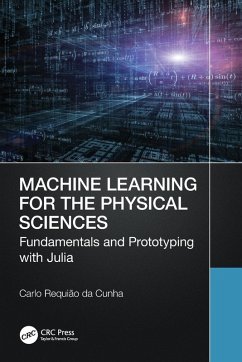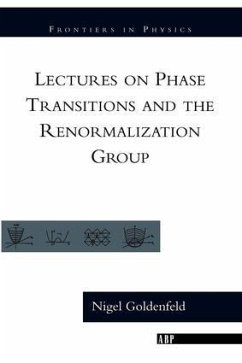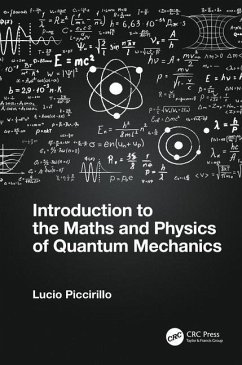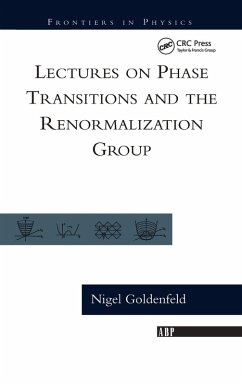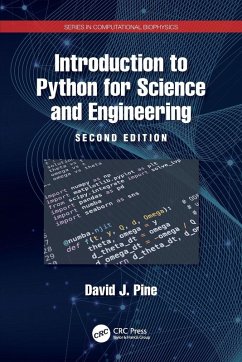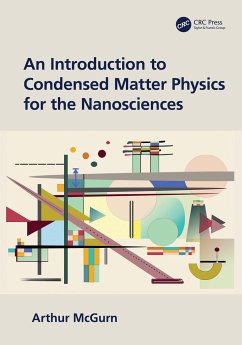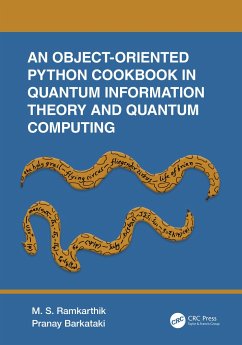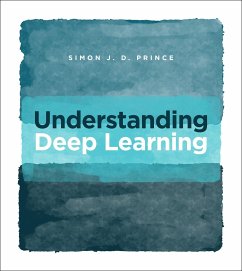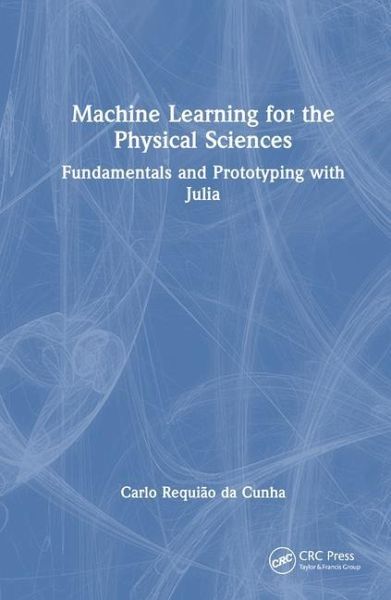
Machine Learning for the Physical Sciences
Fundamentals and Prototyping with Julia
Versandkostenfrei!
Versandfertig in 6-10 Tagen
191,99 €
inkl. MwSt.
Weitere Ausgaben:

PAYBACK Punkte
96 °P sammeln!
Machine learning is an exciting topic with a myriad of applications. However, most textbooks are targeted towards computer science students. This, however, creates a complication for scientists across the physical sciences that also want to understand the main concepts of machine learning and look ahead to applica- tions and advancements in their fields.This textbook bridges this gap, providing an introduction to the mathematical foundations for the main algorithms used in machine learning for those from the physical sciences, without a formal background in computer science. It demon- strates ...
Machine learning is an exciting topic with a myriad of applications. However, most textbooks are targeted towards computer science students. This, however, creates a complication for scientists across the physical sciences that also want to understand the main concepts of machine learning and look ahead to applica- tions and advancements in their fields.
This textbook bridges this gap, providing an introduction to the mathematical foundations for the main algorithms used in machine learning for those from the physical sciences, without a formal background in computer science. It demon- strates how machine learning can be used to solve problems in physics and engineering, targeting senior undergraduate and graduate students in physics and electrical engineering, alongside advanced researchers.
They are also available on GitHub: https://github.com/StxGuy/MachineLearning
Key Features:
Includes detailed algorithms.Supplemented by codes in Julia: a high-performing language and one that is easy to read for those in the natural sciences.All algorithms are presented with a good mathematical background.
This textbook bridges this gap, providing an introduction to the mathematical foundations for the main algorithms used in machine learning for those from the physical sciences, without a formal background in computer science. It demon- strates how machine learning can be used to solve problems in physics and engineering, targeting senior undergraduate and graduate students in physics and electrical engineering, alongside advanced researchers.
They are also available on GitHub: https://github.com/StxGuy/MachineLearning
Key Features:
Includes detailed algorithms.Supplemented by codes in Julia: a high-performing language and one that is easy to read for those in the natural sciences.All algorithms are presented with a good mathematical background.





